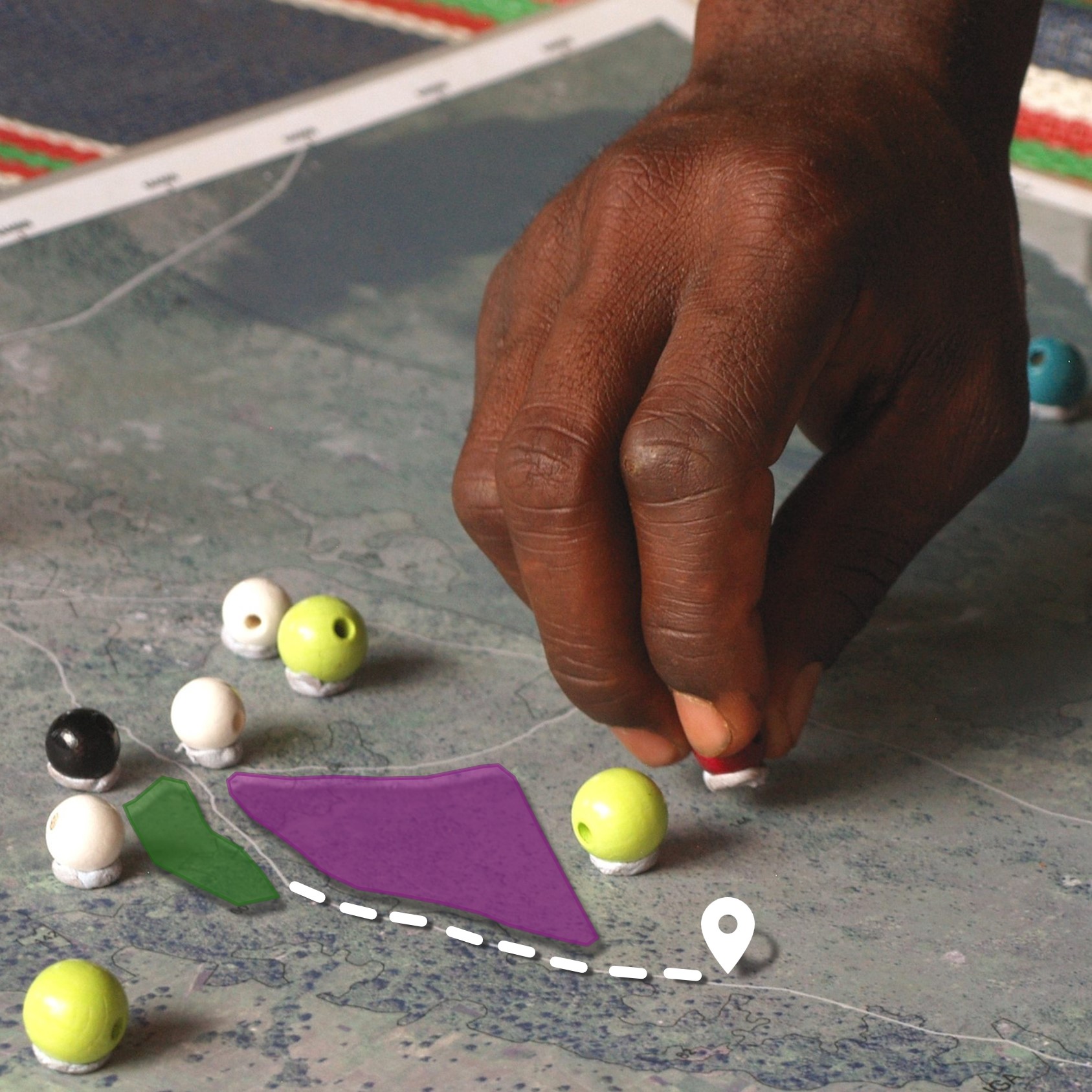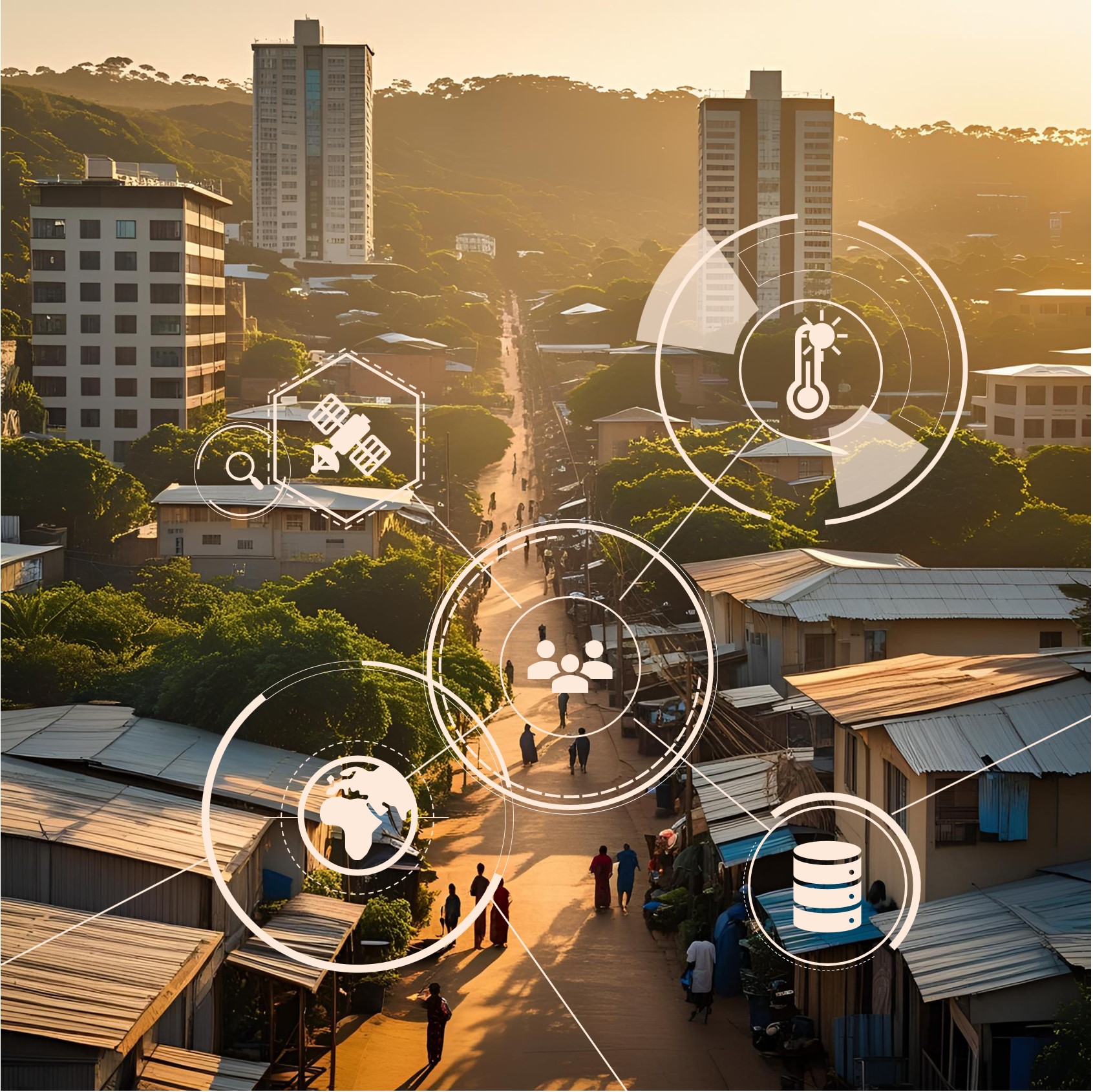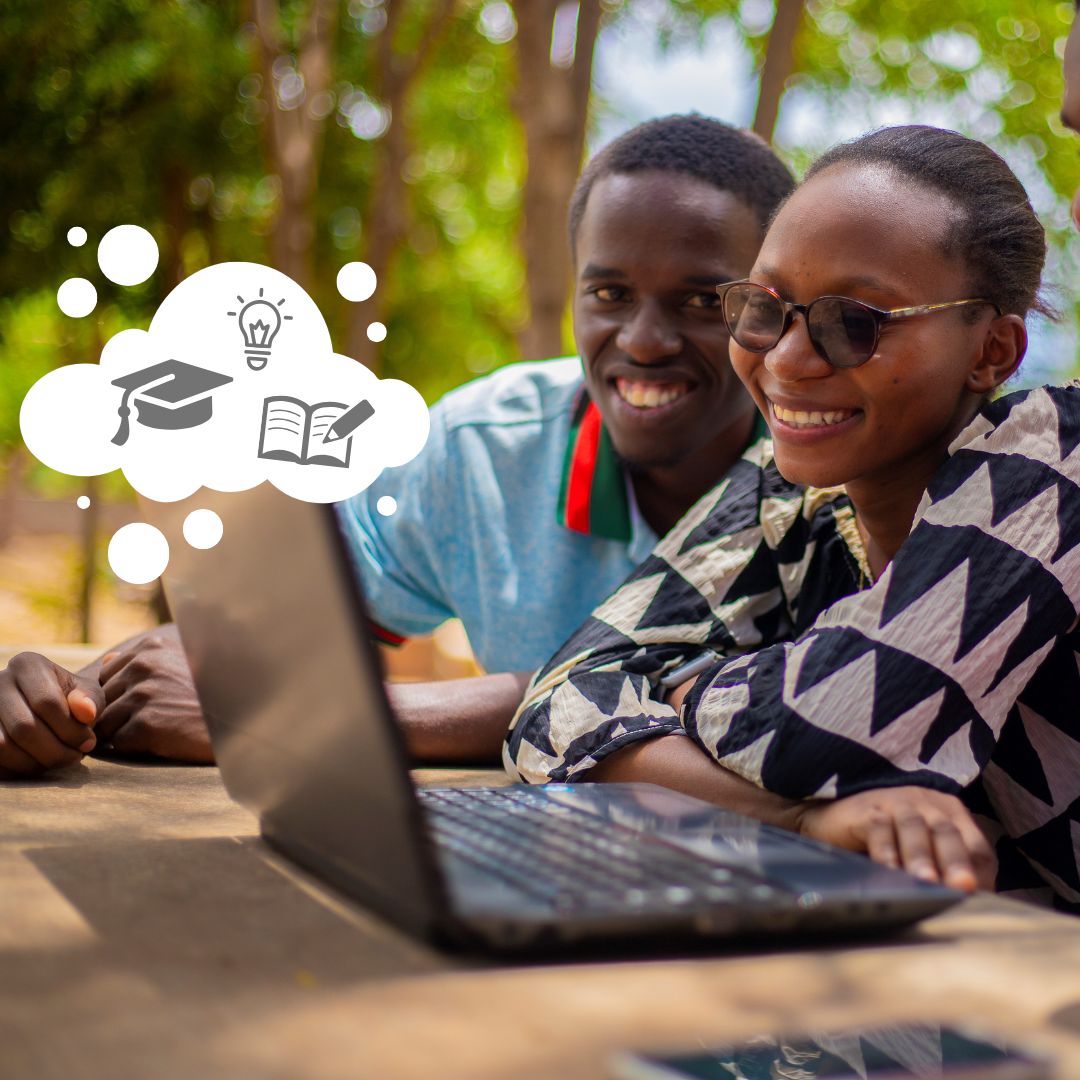Key themes
GeoAI methods and participatory approaches in landscape systems’ research
Valuable landscapes, such as traditional agricultural systems, are the result of long-term co-evolution between people and nature. These landscapes embody cultural heritage, biodiversity, and sustainable land-use practices, reflecting deep-rooted knowledge and adaptive management shaped over generations. However, understanding landscape dynamics is increasingly critical globally, as rapid land use changes—driven by forces such as urbanization and agricultural intensification—now threaten the integrity of landscapes. These transformations are shaped by complex, interdependent physical, social, economic, and cultural factors, with far-reaching consequences for biodiversity, local livelihoods, and climate resilience.
Our research investigates landscapes as dynamic social-ecological systems, where spatial patterns and structures reflect the evolving interactions between people and their environment. By applying the principles of landscape science and leveraging diverse, multi-temporal geospatial datasets, we aim to unravel the intricate transformation chains that link landscape structure and function to biodiversity, human values, heritage and land use practices. Our methodological approach combines GeoAI techniques—such as machine learning and spatial modeling—with participatory approaches that engage local communities in co-producing knowledge and catalyse action for sustainable natural resource management, grounded in a deep understanding of both ecological processes and human dimensions across scales.

Place- and community-based approaches and inclusive digital tools in spatial planning
Our research is dedicated to developing participatory, place-based approaches and digital tools and methods with a particular emphasis on the mapping and assessment of landscape values, ecosystem and landscape services, and nature-based solutions in spatial planning. We utilize digital, location-based Participatory GIS (PGIS), Public Participatory GIS (PPGIS), and Volunteered Geographic Information (VGIS) tools and methods to identify, map, and model the spatially explicit values, practices, and perceptions of local communities within their everyday environments. These methods allow us to explore how people co-create meaningful places, how benefits are distributed and perceived across space and time, and how trade-offs and synergies emerge in socio-ecological systems. Our work is grounded in action research: we co-develop methods in close collaboration with practitioners and, whenever possible, embed them within ongoing spatial planning processes across urban, rural, coastal, and marine contexts. This approach enables us to build scalable, transdisciplinary frameworks that translate local knowledge and values into regional planning tools and solutions. By critically engaging with digital technologies and participatory methodologies, we aim to enhance their relevance, legitimacy, and inclusivity—ultimately supporting more adaptive, equitable, and sustainable decision-making in diverse landscape and seascape settings.

Open digital innovations in climate service co-creation and urban resilience
Emerging digital tools and methods are reshaping climate risk assessment by enabling more integrated and inclusive data practices, and how climate risk data can be collected, analyzed, and translated into adaptation solutions. For example, advances in satellite imagery, AI, and low-cost mobile technologies offer new opportunities to integrate Earth Observation data with local knowledge. However, many climate services have fallen short by overlooking local needs and relying too heavily on expert-driven data that often fails to support local decision-making. Our research addresses this gap by focusing on urban climate risks and adaptation needs in African cities through socio-ecological approaches. We employ mixed methods and co-creation processes that combine open geospatial data, community participation, and responsible digital innovations to develop socially relevant and actionable information and knowledge for climate resilience solutions.
Related research projects:
- Knowledge and climate Services from an African observation and Data research Infrastructure (KADI) https://didaihub.utu.fi/projects/kadi/
- Solutions for Green and Digital Transition (UTU-GreDiT) https://sites.utu.fi/utugredit/

Digital skills and transformative learning methods
Our research is centered on advancing innovative and transformative learning methods, particularly in geospatial education, with a strong emphasis on aligning digital pedagogy with the rapidly evolving opportunities offered by open data, FOSS technologies, and GeoAI methods. Through initiatives such as GeoICT4e, Resilience Academy, and the Location Innovation Hub (LIH), we empower universities and students to adopt challenge-driven learning approaches that integrate technical, digital, and interdisciplinary skills. These approaches are co-created with stakeholders from innovation ecosystems—including NGOs, companies, and research institutions—enabling students to address real-world challenges such as urbanization, environmental degradation, and humanitarian crises. By embedding learning in authentic, problem-based contexts, we not only improve the employability and entrepreneurial readiness of graduates but also catalyze the development of novel, contextually smart digital solutions. This socially innovative model fosters institutional transformation, promotes inclusive and equitable education, and connects young scientists and practitioners across disciplines and geographies.
Importantly, our educational activities are closely interwoven with our broader research themes—landscape change science, participatory spatial planning, and urban climate adaptation. Students often contribute directly to data collection, analysis, and co-creation processes, ensuring that each learning experience also generates valuable research outcomes. This integrated approach creates mutual benefits for all participants, including local communities, by producing both actionable knowledge and meaningful learning experiences that support sustainable development and climate resilience.

Digital Social Innovations and sustainable development
Knowledge is a key driver of sustainable societal and environmental development. Our research explores how digital social innovations—contextually smart, co-created digital solutions—can support inclusive and transformative change, particularly in the Global South. We focus on knowledge and innovation creation processes in Africa, with an emphasis on how systemic spatial arrangements of innovation ecosystems and participatory approaches (such as living labs) can be harnessed to foster sustainability. Digital social innovations emerge at the intersection of technology, society, and the environment. They are not only designed to address pressing challenges but also to empower communities, promote inclusive participation, and catalyze systemic change. Our work also critically examines the role of development cooperation in facilitating innovation activities across Africa and seeks to uncover more sustainable and equitable pathways forward.
A core element of our research is geospatial data innovation that supports sustainability transformations across diverse domains, including landscape change science, participatory spatial planning, and urban climate adaptation. Initiatives such as the Multi-Competence Learning (MCL) methodology and the Climate Risk Database (CRD), developed through the Resilience Academy, exemplify our approach. These platforms integrate open geospatial data, free and open-source software (FOSS) tools, and participatory methods to co-create technically robust and socially meaningful solutions. By engaging students, researchers, practitioners, and local communities, our work contributes to the co-production of actionable knowledge and supports the emergence of responsible entrepreneurship and impact-driven digital services.
Climate Mobilities and spatial justice
Climate change is not only an environmental crisis but also a profound spatial disruptor. As rising sea levels, intensifying weather events, and shifting ecological systems transform our physical landscapes, they also provoke complex forms of human mobility and immobility. In both Mediterranean and Sub-Saharan Africa, climate-related hazards such as floods and droughts are reshaping how, why, and where people move—or are forced to stay. Our research examines the diverse mobility responses to these disruptions, from voluntary relocation and adaptive migration to forced displacement and place-based resistance. We critically investigate how legal frameworks, territorial governance, and spatial imaginaries shape who can move, who must move, and who is unable to move in the face of environmental stress. These dynamics reveal deep-rooted inequalities and raise pressing questions about mobility rights, spatial justice, and the politics of belonging in a warming world.
Methodologically, our work is grounded in ethnography and participatory mapping. These approaches allow us to engage with local knowledge, lived experiences, and situated geographies of risk and resilience. By foregrounding the voices of affected communities, we aim to better understand how climate change reconfigures settlement patterns, disrupts existing socio-spatial relations, and challenges dominant development and governance paradigms. Our research contributes to emerging debates on climate justice by illuminating the everyday geographies of climate mobilities and by supporting more inclusive, grounded, and anticipatory responses to environmental displacement and adaptation.